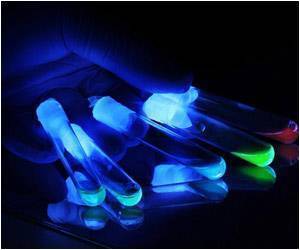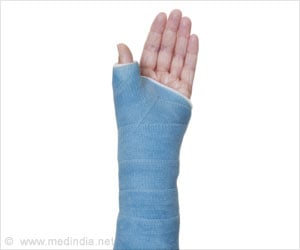
‘Under pathological conditions, small aggregates of Tau accumulate in the axons. As a result, neuronal activity is attenuated but neurons do not die and do not seem to be seriously ill.’
Tweet it Now
Now, researchers at the DZNE and the caesar research center led by
Eva-Maria and Eckhard Mandelkow shed new light on the pathological
processes that involve Tau proteins. As they report in the Proceedings of the National Academy of Sciences of the USA (PNAS),
under pathological conditions, small aggregates of Tau accumulate in
the axons. As a result, neuronal activity is attenuated but neurons do not die and do not seem to be seriously ill. The aggregates only let neurons, so to say, doze off. However, the researchers also found a potential antidote: A drug called "Rolofylline". It re-establishes neuronal activity despite of the production of pathological Tau.
Rolofylline works by enhancing signal transmission and reception which strengthens the communication between nerve cells. Consequently, Rolofylline alleviates learning and memory deficits in mice that express the aberrant Tau protein, as the scientists have revealed.
Rolofylline was originally devised to treat renal dysfunction in human heart failure patients. The drug binds to a subset of cellular sensors called "adenosine A1 receptors". Thereby, signal pathways are blocked, that otherwise would down-regulate neuronal network activity. Patients with neurodegenerative diseases might benefit from this.
"Our results suggest that Rolofylline could potentially be useful to treat neuronal dysfunctions that occur in tauopathies. This makes the drug a hot candidate for further studies. As an analogy, the Tau aggregates resemble a concrete wall in the middle of the room which blocks a WiFi signal. Rolofylline seems to work as a WiFi booster that can re-establish the connection despite of the obstruction", says Frank Dennissen, a member of the Mandelkow Lab and first author of the current paper.
Advertisement










